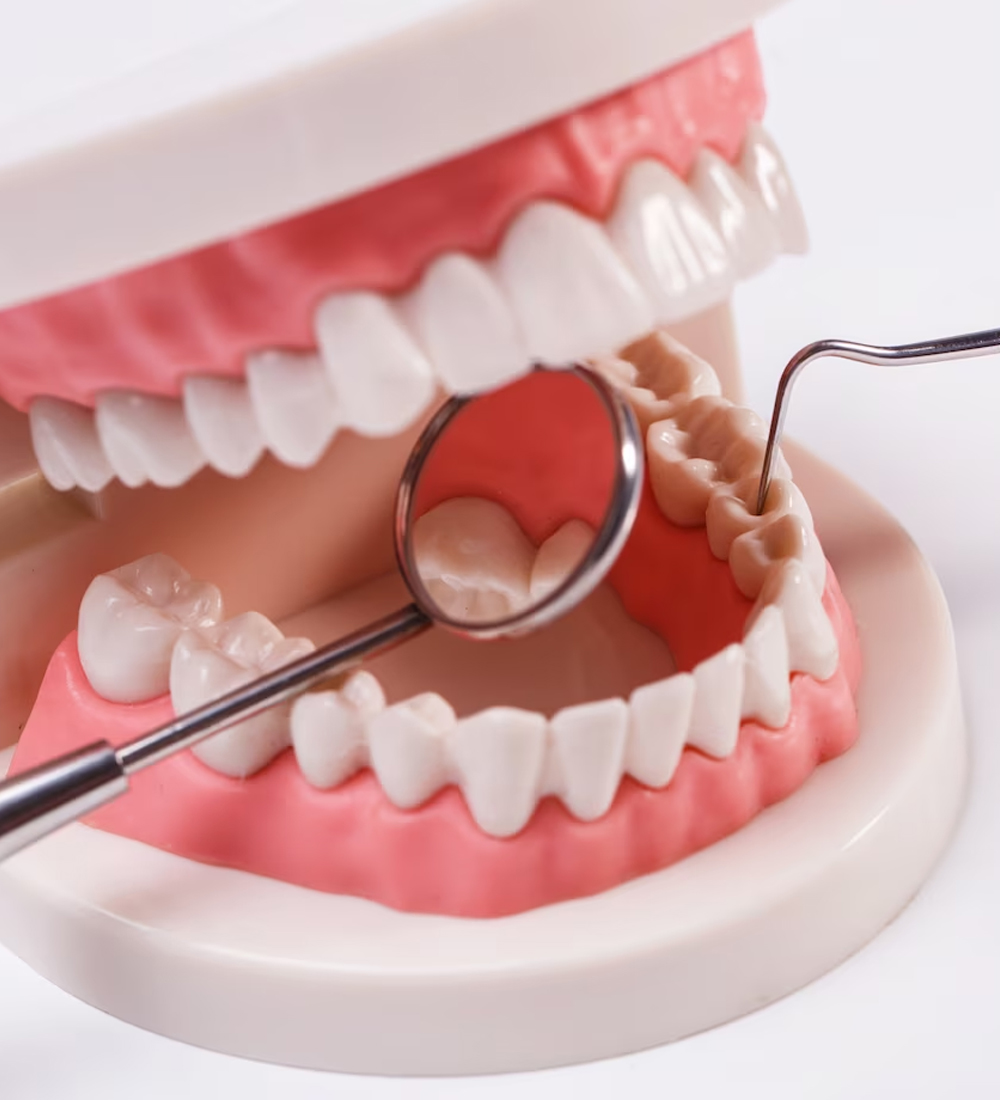Partial/Complete Dentures
Understanding Dentures: A Comprehensive Guide
Compared to dental implants, dentures offer a more financially friendly option for those with extensive tooth loss.
Types of Dentures:
Complete Denture:
Immediate Denture: Fitted right after the removal of remaining teeth, serving as a temporary solution until customized conventional dentures are ready.
Conventional Denture: Customized dentures prepared after the removal of remaining teeth, providing a permanent and personalized solution.
Partial Dentures:
Suitable for individuals with some remaining natural teeth.
Crafted to fit around existing teeth, maintaining a natural appearance.
Optional crowns for natural teeth may be considered for aesthetic improvement.
Treatment Period with Dentures:
The initial phase involves addressing underlying issues such as gum disease and cavities. Once resolved, the denture design stage commences, requiring meticulous planning and accurate measurements of the jaws. After crafting, placement is straightforward, and the tailored dentures offer comfort and stability.
Advantages of Dentures:
- Natural appearance
- Restoration of chewing function
- Prevention of a sunken appearance by filling the mouth
- Customization and decent firmness
- Typically last for around 5 years
Get Your Free Consultation
Adaptation and Normalcy:
While dentures lack roots like dental implants, the adaptation process may take a few weeks. Starting with a soft foods diet aids in adjusting to chewing with dentures. Certain dietary restrictions, such as avoiding gum and chewy foods, need to be observed. After placement, wearing dentures continuously for the first week helps identify and address any discomfort or fitting issues.
Denture Care:
After a week, denture care routine begins, involving removal and soaking in a special solution to allow gums to breathe. This routine supports normal saliva cleansing.
Alternative to Dentures:
While dental implants offer a robust alternative, the cost and duration of the procedure may lead individuals to opt for dentures. A middle-ground option is the all-on-4 dental implants, utilizing four implants per jaw for enhanced stability, better signal transmission, and an extended lifespan compared to traditional dentures.
Denture Adhesives:
Denture adhesives, available in paste or powder form, provide additional stability. Factors such as a dry mouth or occupations requiring excessive talking or facial muscle use may warrant considering denture adhesives for improved bite control and stability.
In conclusion, dentures offer a practical solution for missing teeth, and with proper care and adaptation, they become an integral part of daily life, enhancing both functionality and aesthetics.

